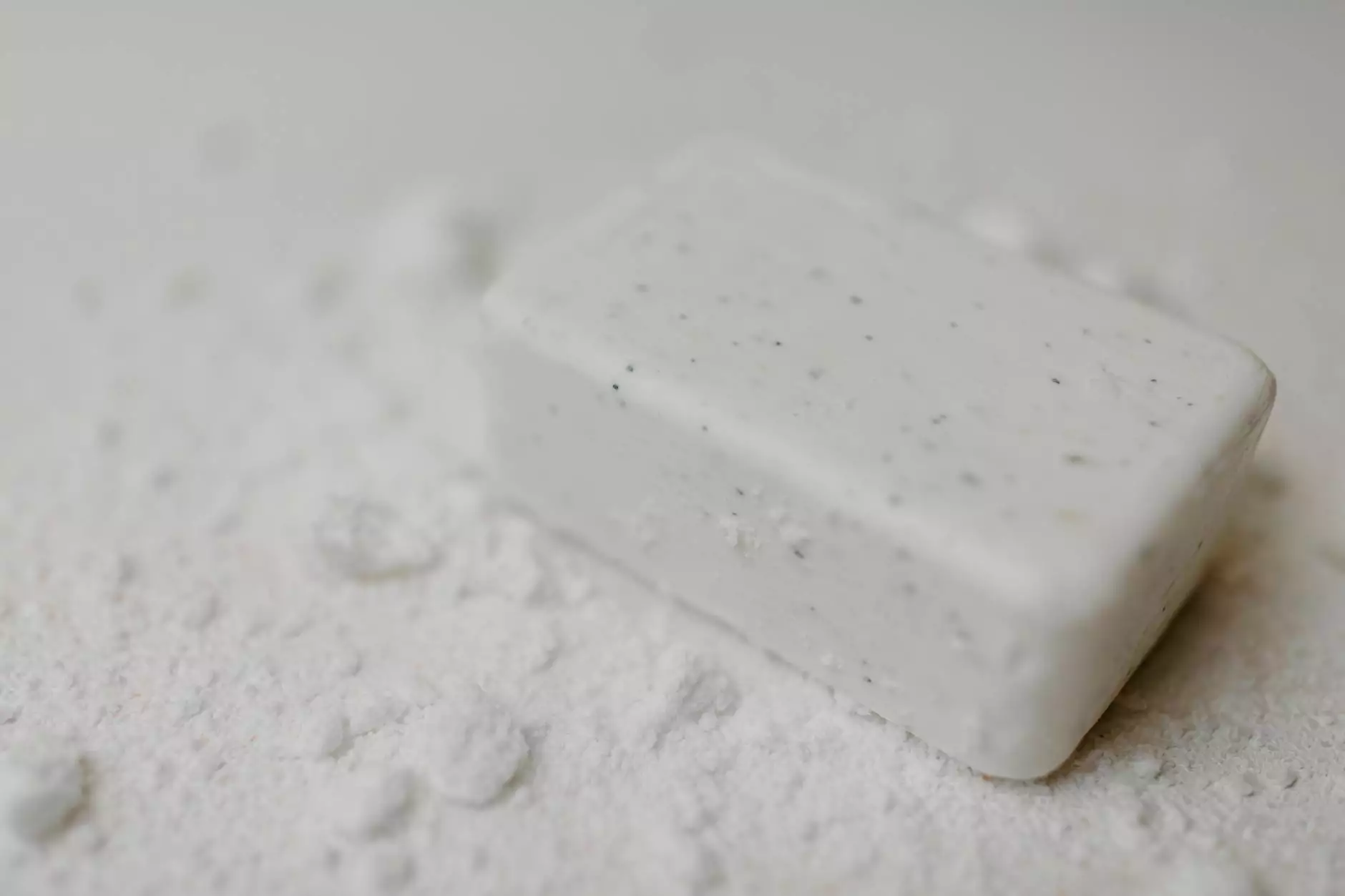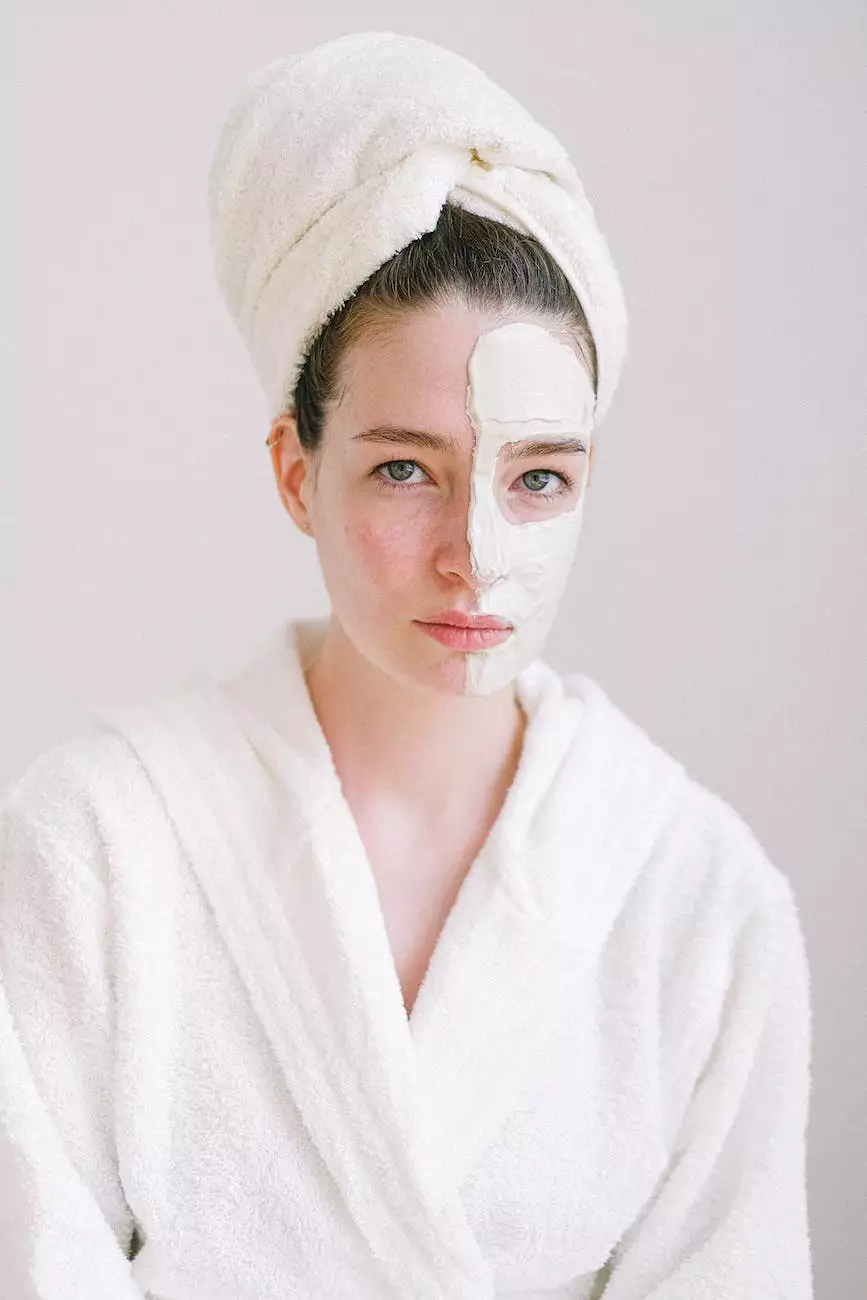Hawaii Sunscreen Ban: Protecting Your Skin with Foley James D MD

Introduction
Welcome to Foley James D MD, your go-to source for updated information on the Hawaii Sunscreen Ban and its impact on skin health.
The Hawaii Sunscreen Ban
As the leading provider of dermatology news in MN, we strive to keep you in the loop on important topics affecting your skin's health. The Hawaii Sunscreen Ban is one such topic that has gained significant attention in recent years.
The state of Hawaii has implemented a law banning the sale and distribution of sunscreens containing certain chemicals harmful to marine life, specifically oxybenzone and octinoxate. This ban aims to protect Hawaii's fragile coral reefs and marine ecosystems. It reflects the growing concern for the environment and the need to use safer alternatives to traditional sunscreens.
The Importance of Using Safe Sunscreen
At Foley James D MD, we prioritize your skin's health and well-being. It is crucial to choose sunscreens that not only protect your skin from harmful UV rays but also contribute to the preservation of our oceans and marine life.
While oxybenzone and octinoxate have traditionally been used in many sunscreens due to their effectiveness, studies have shown their harmful impact on coral reefs. These chemicals can bleach and damage corals, disrupt the natural balance of marine ecosystems, and contribute to coral reef bleaching.
Safe and Effective Sunscreen Alternatives
Fortunately, there are numerous safe and effective sunscreen alternatives available in the market that comply with the Hawaii Sunscreen Ban. Look for sunscreens labeled as "reef-safe" or "coral-safe" to ensure they do not contain oxybenzone or octinoxate.
Mineral sunscreens, containing ingredients like titanium dioxide and zinc oxide, are excellent choices as they provide broad-spectrum protection without harmful effects on marine life. These minerals work by reflecting and scattering UV radiation away from the skin, ensuring both your skin's health and the preservation of marine ecosystems.
Choosing the Right Sunscreen for You
Selecting the perfect sunscreen for your needs can be overwhelming, considering the diverse options available. At Foley James D MD, we recommend considering the following factors:
1. SPF Level
Look for a sunscreen with a Sun Protection Factor (SPF) of at least 30. Higher SPF indicates better protection against harmful UV rays, reducing the risk of sunburns and skin damage. However, remember that no sunscreen can block 100% of UV rays, so reapply regularly.
2. Broad-Spectrum Protection
Ensure your chosen sunscreen provides broad-spectrum protection, meaning it shields your skin against both UVA and UVB rays. UVA rays contribute to premature aging and skin cancer, while UVB rays cause sunburn. Protecting against both is essential for your overall skin health.
3. Skin Type and Sensitivities
Consider your skin type and any specific sensitivities or allergies you may have. Some sunscreens are formulated for oily or acne-prone skin, while others cater to sensitive skin or offer added hydration. Knowing your skin's needs will help you find the most suitable sunscreen.
4. Application and Texture
Finding a sunscreen that feels comfortable on your skin is equally important. Some prefer lotions, while others prefer sprays or sticks. Choose a texture that you enjoy applying, as this will encourage regular use and better protection.
5. Water-Resistance
If you plan to spend time in the water or engage in activities that cause perspiration, opt for a water-resistant sunscreen. Remember to reapply after swimming or excessive sweating to maintain optimal protection.
Conclusion
Protecting your skin and the environment should go hand in hand. With the Hawaii Sunscreen Ban in place, it is crucial to stay informed and make conscious choices for the well-being of your skin and our oceans.
Choose Foley James D MD as your trusted source for news and guidance on skin health. We will keep you updated on the latest developments surrounding the Hawaii Sunscreen Ban and provide expert advice on safe and effective sunscreen options.
Remember, be proactive in safeguarding your skin and preserving our marine ecosystems. Choose reef-safe sunscreens, and let us help you maintain healthy, radiant skin while playing your part in environmental conservation.










